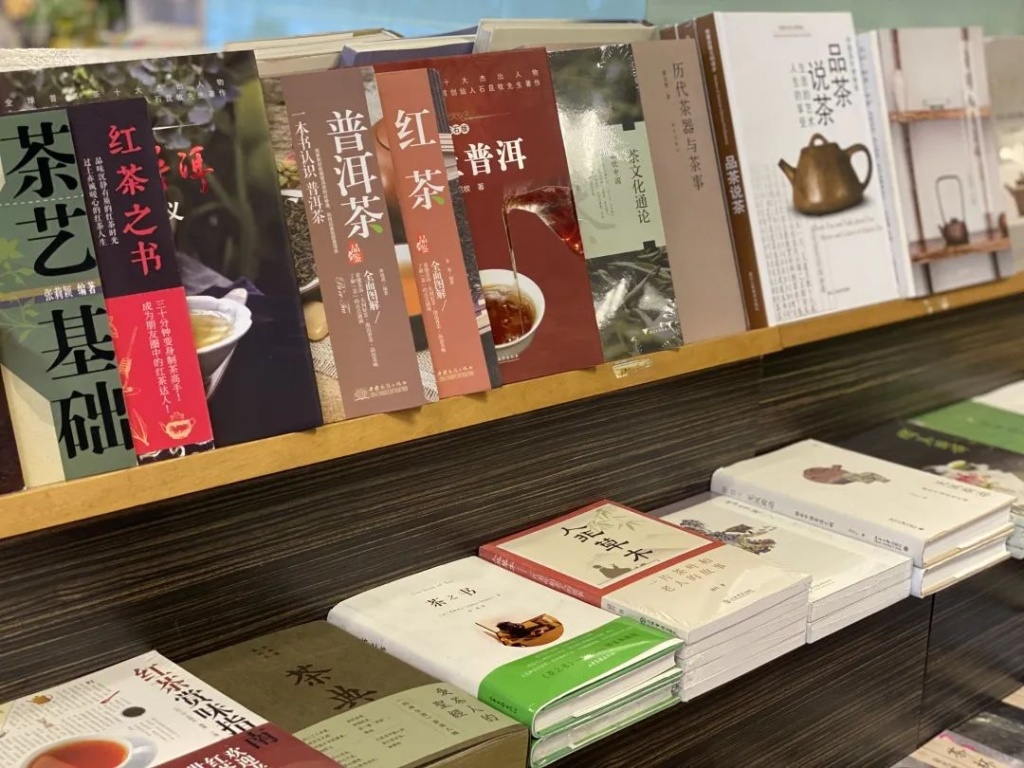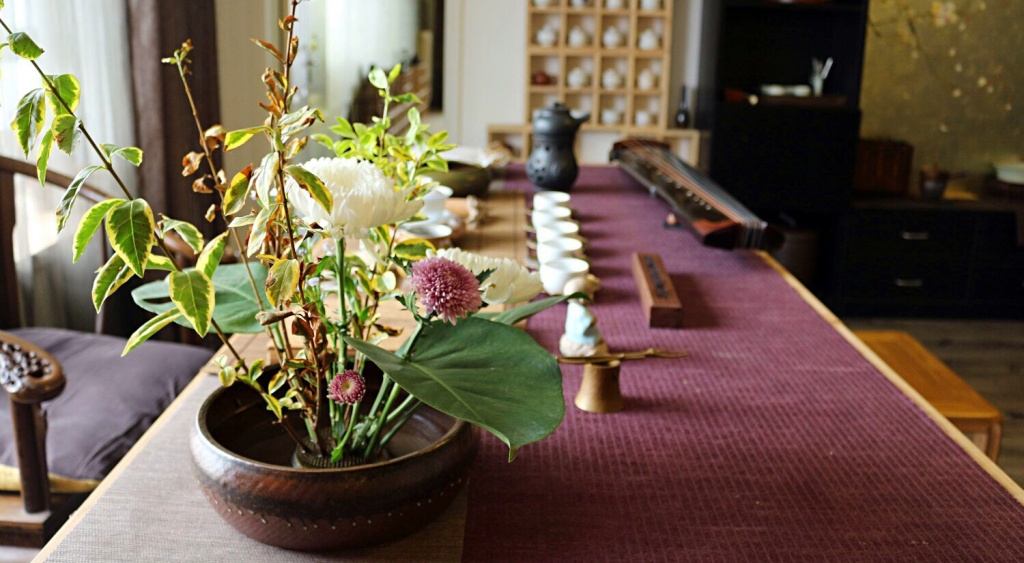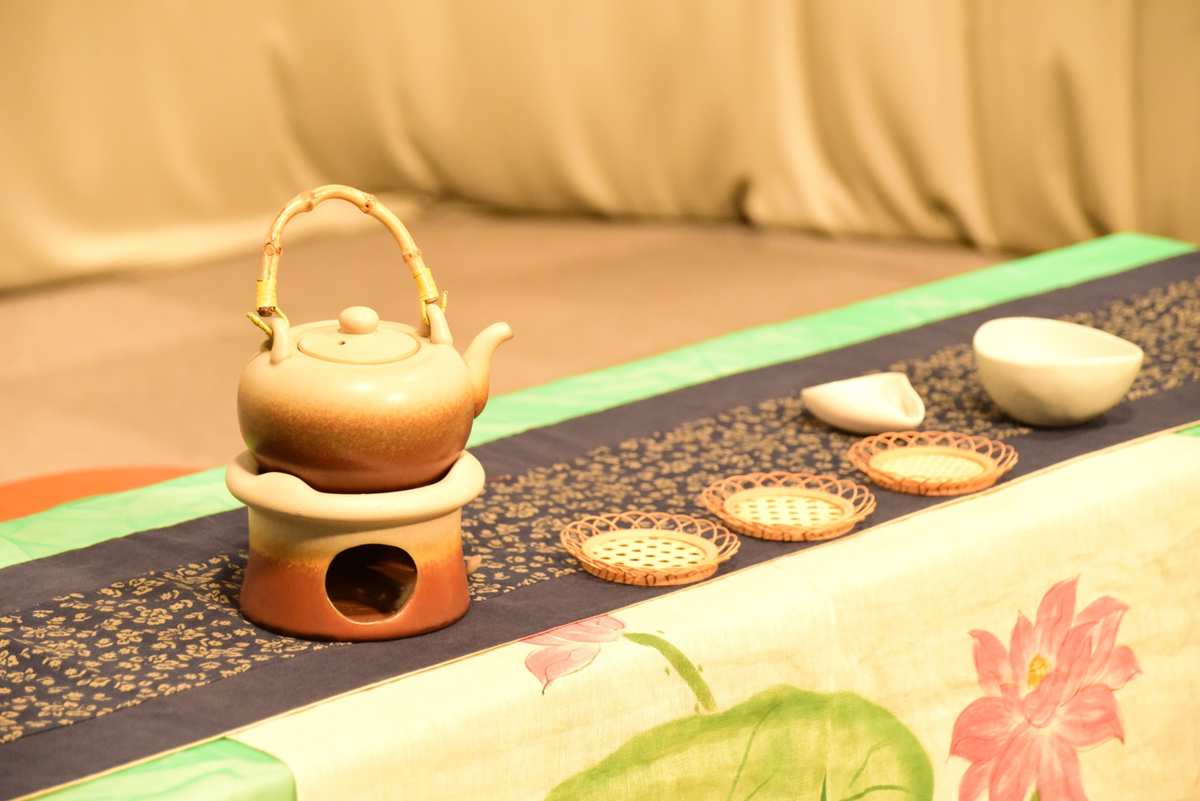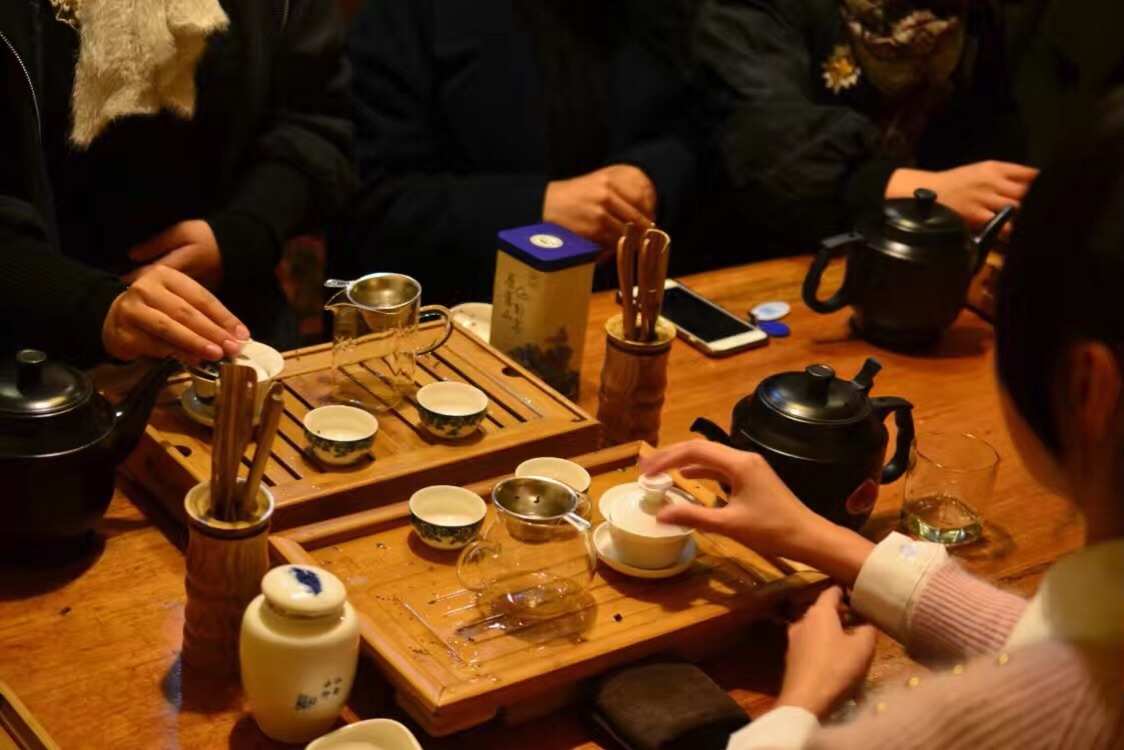Where to start learning about Chinese tea?
Tea is not just a drink, it is a whole culture, rooted in millennia. Its aroma and taste can enchant, and the variety of varieties amazes the imagination. Want to join this enchanting world, but don't know where to start? This article will be your guide!
1. Start with tea
Tea is made to be drunk and enjoyed. It doesn’t matter whether you want to get its material properties, chemical functions or spiritual pleasure. Only tea drinking can reveal the value of tea. Good tea is meant to be drunk, storage is a legacy and drinking tea is an asset! Learning and understanding tea also begins with drinking. Drink more, especially comparing two or more similar teas to gain a deeper understanding of their differences and characteristics.
2. Start with an affordable variety
The best way to learn about tea is to start with the teas that surround you. Explore one of the teas available to you by brewing it in different ways, experimenting with water temperature, amount of tea, utensils, and steeping time. You will find that this is a lot of fun and will encourage you to learn about the origin, location, processing, storage, variety, characteristics, history, cultural background, color, aroma, taste, etc.
Just as when you fall in love with a person, you want to know everything about them, so in order to understand tea well, you must first study one variety deeply. First love for one, then for all. You will find that all beauties are similar, as are all good teas. They have common features in processing, which allows you to deepen your knowledge by analogy. Having understood one type of tea, you can move on to others, similar in processing technology, taste, brewing method and properties.
3. Start with books
Studying other people's experiences, reading books allows you to empathize with the author, to immerse yourself in his world and environment, as if you were there yourself. When you lack information about the tea you drink or the tea that surrounds you, you can turn to books dedicated to this tea or this type of tea, especially if it is a variety with regional characteristics.
This will allow you to quickly learn about the different aspects of this drink, and then try it again, compare it with other varieties and observe the tea that seems to surround you during tea drinking. You will be pleasantly surprised and exclaim: "Wow! As if I already knew this tea!"
Where to start reading? The world of Chinese tea is huge and diverse, everyone has their own preferences, so it is almost impossible to recommend the same books to everyone.
If you want to connect your life with the tea industry, you will definitely need to study several textbooks on tea categories: "Tea Production Technology", "Tea Quality Assessment and Control", "Tea Chemistry", "Tea Growing".
For reference and verification of information, it is convenient to have on hand:
- "General History of Tea" edited by Chen Yuan.
- "The Complete Encyclopedia of Tea" by American William Ux, along with "The Canon of Tea" by Lu Yu from the Chinese Tang Dynasty and "Records of the Benefits of Tea" by the monk Eisai from the Japanese Kenju era, is considered one of the three world tea classics.
- "Commentary on the Canon of Tea" edited by the modern "tea saint" Wu Jiao-nong is a classic that must be read and re-read.
- "The Book of Tea" by Okakura Kakezu is a small but very beautiful book.
- In terms of fiction about tea, one cannot fail to mention the famous master Lin Qingxuen and his collection of essays, "Ordinary Tea is the Way," where he speaks with deep understanding about the connection between tea and Zen Buddhism and everyday tea life.
These are just a few books from the vast world of tea literature.
4. Start with tea gatherings
Attend tea gatherings to meet people from different fields related to tea, as well as tea event organizers. At such gatherings, you can meet invited masters, listen to their lectures, make new acquaintances, broaden your horizons and try different teas.
Every major city has tea gatherings, and recently, due to the difficult situation in the tea industry, more and more tea lovers are using new media to organize such gatherings.
The difficulty is that the level and format of such meetings can vary greatly, so you need to be careful when choosing. Do not blindly trust "masters" who can lead you astray, and remember that correcting mistakes will require time, effort and money.
5. Start by visiting tea shops
It takes a little bit of chutzpah. But if you live near a tea shop, you can go there often and they may have free samples. But remember, if you go too often, you will still have to buy tea to support the sellers, especially in the current downturn in the industry, when they have expenses too.
Tea shop owners often share their impressions. Don't be afraid to ask questions if you don't know something, ask for advice.
6. Social networking communities
Social media communities are groups of people who share common interests. They can be devoted to various topics, including Chinese tea. In such groups, participants discuss various aspects of tea, share their impressions and advice.
One of the main advantages of social media communities is the opportunity to get information from other people who already have experience in this area. Members can ask questions and get answers from experienced tea lovers. This helps newcomers to get their bearings and start understanding Chinese tea faster.
In addition, social media communities provide an opportunity to connect with like-minded people from all over the world. This allows you to share experiences and ideas, as well as find new friends. It is also worth noting that social media communities can provide a lot of useful information about Chinese tea. Participants share tea recipes, tips on choosing teaware, and much more. Overall, social media communities are a great resource for those who want to learn more about Chinese tea. They help newcomers quickly get up to speed on the topic and gain valuable information from experienced tea lovers.
The path to tea culture is a fascinating journey that can last a lifetime. With each new type of tea, with each book you read, with each tea ceremony you attend, you will discover new facets of this enchanting world. Don’t be afraid to experiment: try different types of tea, study tea traditions of different countries, look for your own taste. The main thing to remember is that tea is not just a drink, it is a philosophy. It teaches us to appreciate the beauty of simple things, to enjoy the moment and find harmony in ourselves and in the world around us. Tea unites people. Heartfelt conversations are held and new ideas are born over a cup of aromatic drink. Join the tea community, and let your life become tastier and more aromatic!
- Комментарии
- Вконтакте











